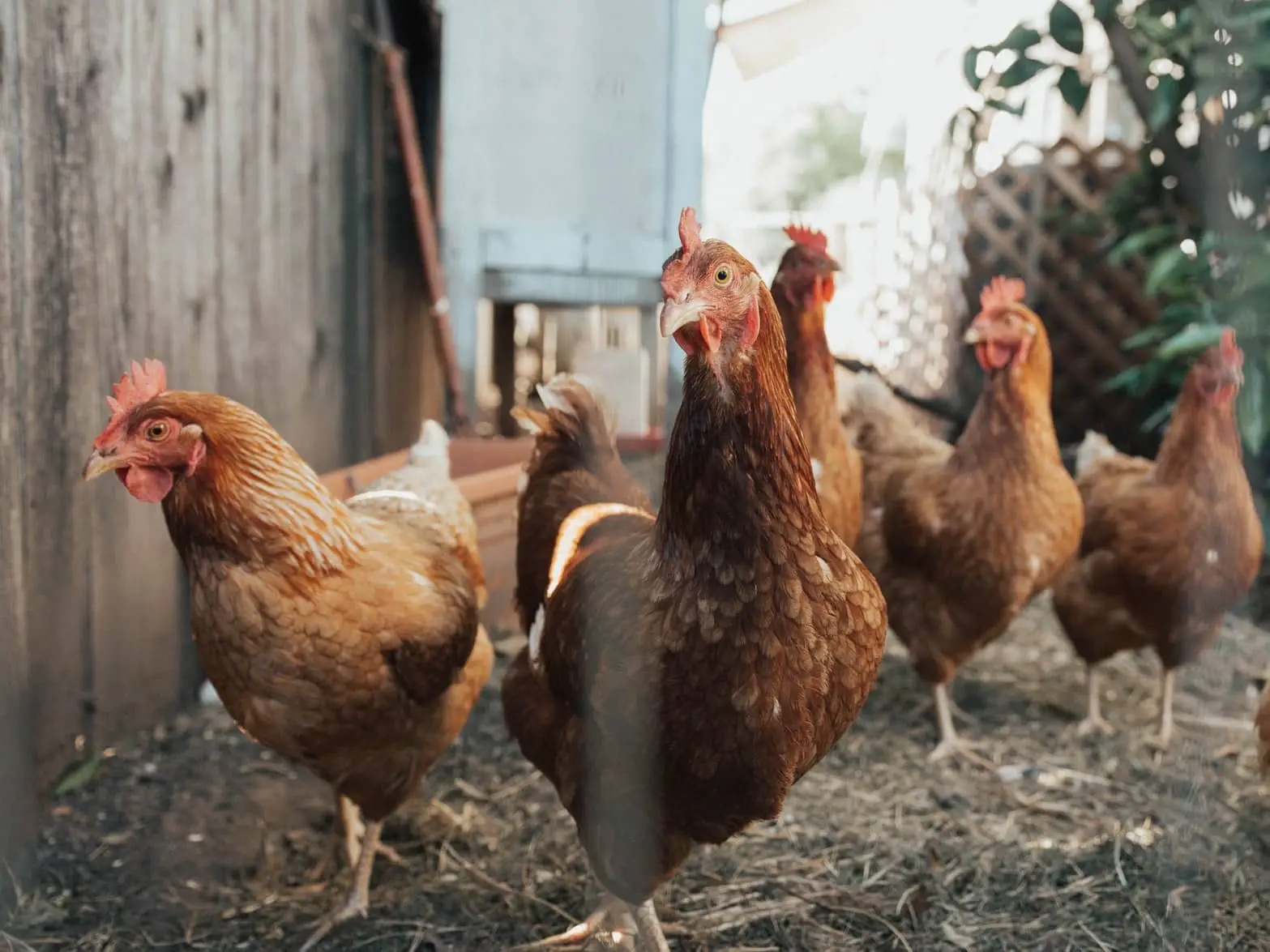New housing measures for anyone keeping poultry, such as chickens, ducks and geese, comes into come into force in England, Scotland and Wales today (Monday 14th December) following an outbreak of Avian Flu.
The legal requirement for all bird keepers to keep their birds indoors and to follow strict biosecurity measures has been introduced in order to limit the spread of and eradicate Avian Flu.
‘Low risk’ to human health
The Government say,
“The risk to human health from the virus is very low and food standards bodies advise that avian influenzas pose a very low food safety risk for UK consumers, and it does not affect the consumption of poultry products including eggs.”
Advance warning
Last month bird keepers were advised to prepare for new housing measures, including taking steps to safeguard animal welfare, consult their vet and where necessary, put up additional housing.
The new measures build on the biosecurity regulations that were brought in as part of the Avian Influenza Protection Zone (AIPZ) on 11th November.
Under the AIPZ all poultry and captive bird keepers need to take extra precautions, such as cleaning and disinfecting equipment, clothing and vehicles, limiting access to non-essential people on their sites, and workers changing clothing and footwear before entering bird enclosures.
Maintaining good biosecurity
Poultry and captive bird keepers can help prevent avian flu by maintaining good biosecurity on their premises, including:
- housing or netting all poultry and captive birds
- cleansing and disinfecting clothing, footwear, equipment and vehicles before and after contact with poultry and captive birds – if practical, use disposable protective clothing
- reducing the movement of people, vehicles or equipment to and from areas where poultry and captive birds are kept, to minimise contamination from manure, slurry and other products, and using effective vermin control
- thoroughly cleaning and disinfecting housing at the end of a production cycle
- keeping fresh disinfectant at the right concentration at all points where people should use it, such as farm entrances and before entering poultry and captive bird housing or enclosures
- minimising direct and indirect contact between poultry and captive birds and wild birds, including making sure all feed and water is not accessible to wild birds
For more information see the Government Website.
Image: William Moreland under CC BY 2.0





